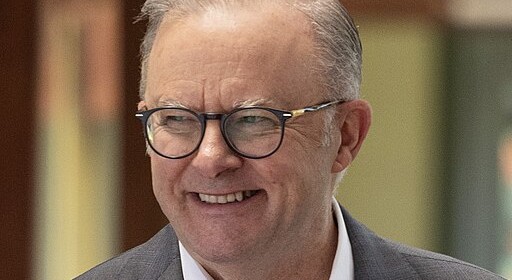By Melinda Peters, Duncan Bedford, Melissa Simpson and Josh Derko – McCullough Robertson Lawyers
The Federal Budget has signalled changes to the foreign Capital Gains Tax (CGT) withholding regime and flagged what it says will be more streamlined foreign investment processes.
While some of these measures represent positive developments, the CGT changes are likely to further complicate the valuation process already required on the sale or transfer of assets by foreign residents.
The measures, proposed to apply from 1 July 2025, include the following.
- Foreign residents that dispose of shares and other membership interests which exceed $20 million in value will be required to notify the Australian Tax Office (ATO) prior to the transaction documents being executed.
- The types of assets for which foreign residents are subject to CGT on disposal will be broadened.
- The principal asset test will be amended from a “point in time” test to a 365 day testing period.
These measures are claimed to improve oversight and compliance.
They purportedly align the taxation treatment of foreign residents holding direct and indirect interests in Australian land with the tax treatment applicable to Australian residents (and Organisation for Economic Corporation and Development guidance).
In practice, the measures are likely to further complicate the valuation process already required on the sale or transfer of assets by foreign residents.
This is particularly the case in the assessment of whether shares are indirect Australian real property interests.
Transactions will also generally require more extensive planning to ensure that ATO notification processes are properly followed prior to the transaction being executed.
In addition to the CGT changes, the Government announced that $15.7 million would be allocated to “refocus” the Australian Government’s Foreign Investment Policy in attracting foreign capital.
The changes will be aimed at applying greater scrutiny to high-risk investments, while allowing low-risk investments to benefit from more streamlined processes.
The Treasurer has claimed these measures will balance the need to attract foreign investment, whilst at the same time protecting Australia’s national interest.
From 1 January 2025, the Australian Foreign Investment Review Board (FIRB) will adopt a new target to process 50 percent of foreign investment applications within the 30-day statutory time frame.
The Government has also promised to:
- Lower foreign investment application fees for new build-to-rent developments.
- Introduce a 75 percent refund of fees for foreign investment applications that do not proceed because the applicant was unsuccessful in a competitive bid process.
The announcement is in line with the Treasurer’s earlier announcement (on 1 May 2024) to streamline and strengthen Australia’s foreign investment framework.
These changes will see foreign investment proposals facing a stricter assessment process with additional resources allocated toward investments deemed ‘high risk’.
We suspect this will largely impact foreign investment into critical mineral and infrastructure assets.
While the reforms do not target foreign investment from any specific country, it is likely that encouraging investment from “like-minded” countries will remain a factor in the assessment process.
Although the target of reducing approval timeframes is welcome, we have already seen some recent, much needed improvements in this regard so it is not really a “new” policy initiative.
Also, notably absent is a target time frame to process the other 50 percent of applications (which routinely exceed the statutory 28-day time period by months).
While it is unclear what a “streamlined process” will look like in practice, increased transparency in the approval process is a welcome change.
With a constant increase in application fees, it is promising to see a reduction FIRB fees for investment in build-to-rent developments, in line with Government proposals to increase housing stock (and the Federal Government recognition that much of the investment needed to generate the build to rent market will need to come from overseas).
A refund of fees for foreign investment applications that do not proceed because of an unsuccessful bid is a another very welcome announcement.
However, with the recent (significant) fee increases, 25 percent of FIRB fees not refunded in the event of an unsuccessful bid could still be a hefty price to pay for foreign investors.
This is likely to still incentivise bidders to wait until their bid is accepted before lodging their application which is part of the problem with the FIRB approval process delaying investment.
This article was authored by members of McCullough Robertson’s Tax team, Melinda Peters and Duncan Bedford, Melissa Simpson and Josh Derko.
This publication covers legal and technical issues in a general way. It is not designed to express opinions on specific cases. It is intended for information purposes only and should not be regarded as legal advice. Further advice should be obtained before taking action on any issue dealt with in this publication.








